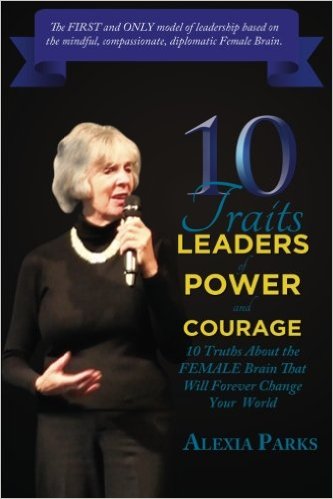In 2013, Boulder, Denver and communities north and east were hit by a storm that broke all records for rainfall. City planners had a 100-year flood plan. They had prepared for a “worst case scenario” that would strike every 100 years. The 2013 catastrophe was called the 1000-year flood. And in the days, weeks, and months that followed everyone who lived along Colorado’s front range or who planned to visit for business or pleasure was impacted. It took months and in some cases over a year for roads to be repaired.
The town of Lyons, one of the hardest hit communities, received close to $100 million dollars in Federal funding to rebuild. While waiting for funds, cleanup crews and reconstruction to begin, the community organized potlucks, neighborhood work teams, and music festivals to rethink the future of their small town.
The Lyons community knew what it had been, but the larger question facing these forward-facing citizens was this: What COULD it become? Everyone became engaged in rethinking “Our Town” and in thousands of different ways, everyone took on some type of leadership role. Even speaking up about what they had suffered, took personal courage, and in a town where everyone had been impacted in some way, the ability for those who suffered to ask for what they needed, helped guide community vision.
Could Houston, still reeling from an unfolding catastrophe, tap the creative vision of civic leaders and residents living in distinct neighborhoods and districts within its meta-city to reimagine its future? Could the restoration of this sunbelt city include rebuilding as green, resilient, solar powered communities? Could Houston’s catastrophe become an opportunity to showcase how communities can become sustainable “overnight”?
After the historic rainfall – that some have called of “Biblical” proportions – will come the toxic fumes spewed by oil refineries as Houston’s oil industry come back on line.
At a moment of panic in the movie 2001, the robotic voice of a computer called HAL called home: “Houston, we have a problem….”
Does Houston’s unprecedented crisis offers an opportunity for its citizens to reimagine the future they want to live in and then come together to create it? The whole world is watching.
Alexia Parks is a futurist, author of 14 books, and Founder of 10TRAITS Leadership.


